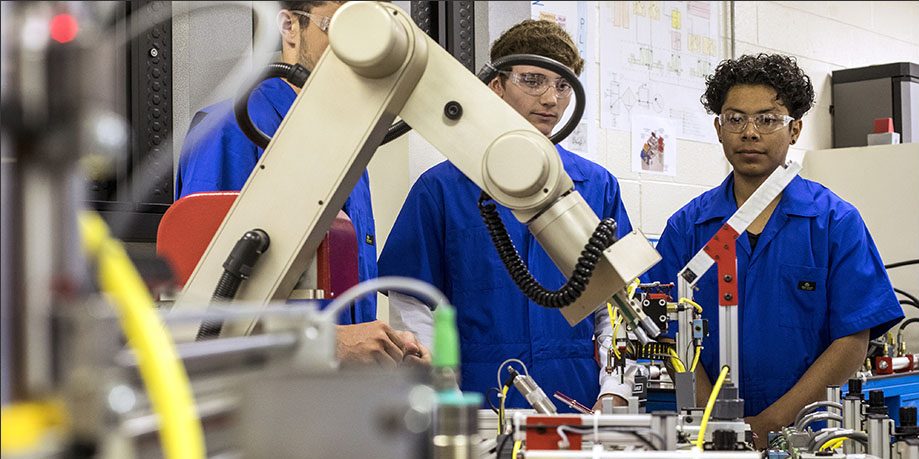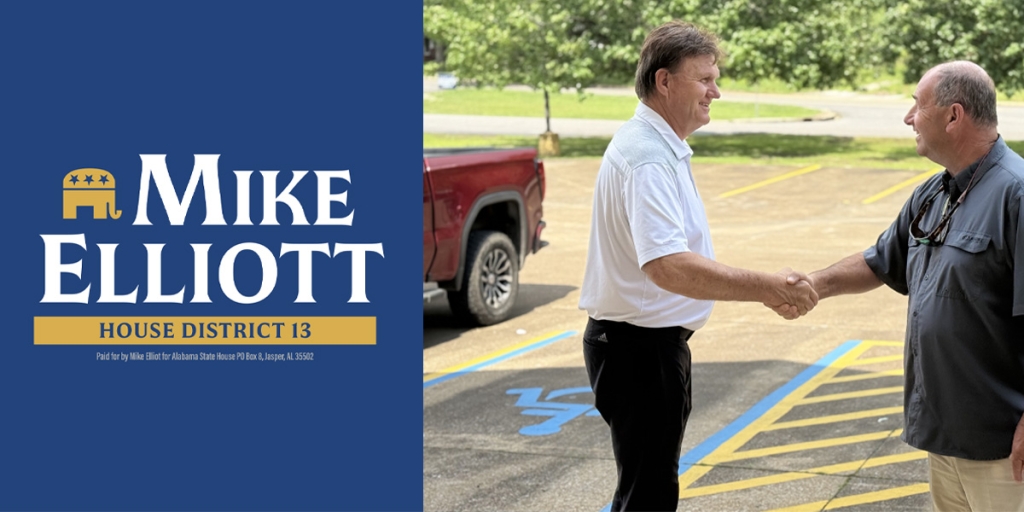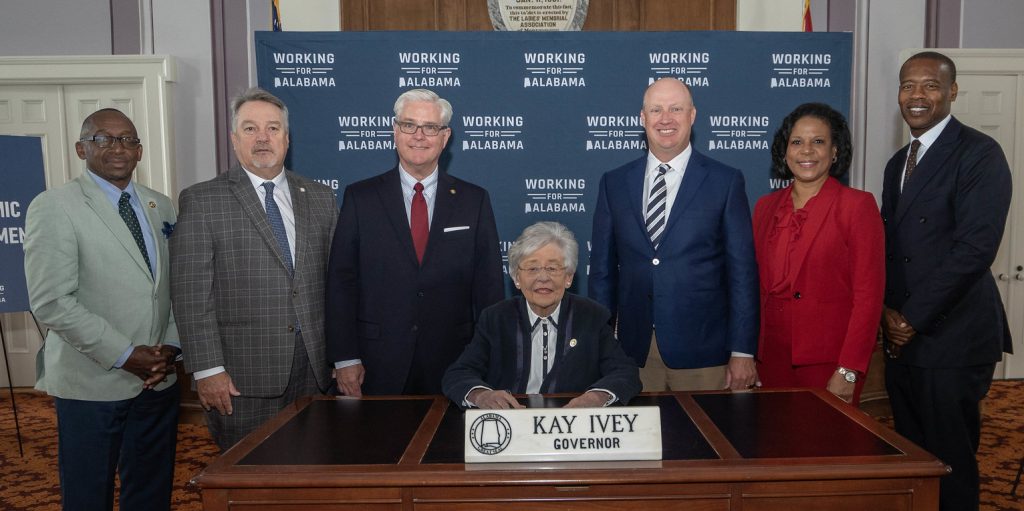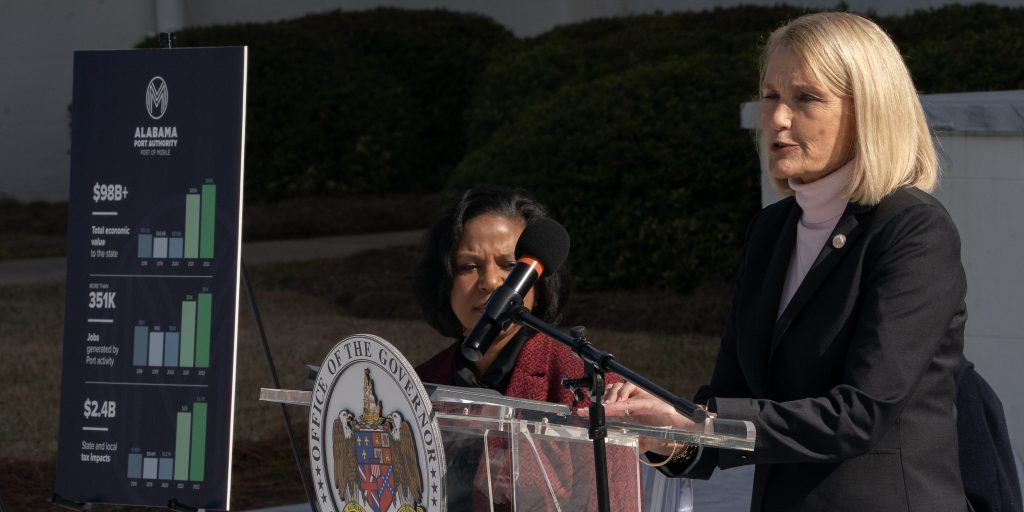A panel of workforce development experts told the Alabama pro-growth policy conference the state will benefit from more collaboration to close real-world gaps in the pipeline to get jobs filled – and keep them filled.
Alabama’s labor force participation rate has been a priority topic for many state leaders as they see the numbers and data playing out across the state. 48,934 workers are unemployed while 140,000 job openings remain unfilled in Alabama.
Despite policy advantages, the panel of experts said there’s a great deal of opportunity to get Alabama up to the national average. Partnerships between industry and the two-year college system was one of those preeminent opportunities.
“Most of the young people coming out of high school that are going into the workforce, first of all, they don’t understand the workforce, period. And that is not their fault,” said Roger Marbutt, director of technical training for Alabama Power.
Marbutt has steered technical training for power delivery organizations in Alabama, Georgia and Mississippi throughout a 20-year career. When it comes to getting those who are ready to work qualified to work, investment in training serves a big need.
RELATED: Alabama approves training courses for high schoolers
“We’ve done pilot programs in three weeks. We can bring somebody off the street, we can have them installing fiber and splicing,” Marbutt said. “That’s not a two-year degree program. They’re going to work after three or four weeks of that program “We will be working with the state doing that. We couldn’t do this without a two-year college system.”
Marbutt said he’s seen firsthand the impact of the two-year system – as far back as receiving his degree from Bevill State Community College.
Bevill State was represented on the panel by Al Moore, the school’s dean of workforce development. A great deal of optimism was shared from the programs they have in place.
“40% of our enrollment is from dual enrollment,” Moore said. “We’ve received historic funding through the state legislature for community college dual enrollment. That speaks volumes because we are funding our students, not only in technical programs, but also academic transfer programs. Students are able to enroll in a two year community college while they’re co-enrolled in high school, and we have many, many stories around the state where students have completed short term certificates, long term certificates and some completed associate degrees while they are enrolled in high school.”
“That’s a big deal.”
The Alabama Community College System recently announced a massive expansion of access to those dual enrollment programs with the bottom-line goal of getting students who are ready to work prepared and qualified for the good jobs currently in demand.
RELATED: Alabama’s community, technical colleges not cutting corners to help get people to work
Another topic of discussion was lifting the financial burden on Alabamians who need better access to childcare and those who are working overtime.
“Our labor participation rate is 7%. So, in order to continue to move the needle, I think we need to look for more opportunities to subsidize or support childcare,” said Kevin Taylor, deputy director of Alabama Industrial Development Training (AIDT), a major stakeholder on the subject of a healthy Alabama workforce.
The pro-growth conference was brought together by House Minority Leader Anthony Daniels (D-Huntsville) who worked to pass a bill during the 2023 legislative session that would create an Alabama Child Care Tax Credit to incentivize employers and child care providers to expand access and increase quality for families.
“I have stores here in Alabama, we’re looking at 150% turnover. So I’ve got, for every shift. I’ve got about 18 people calling in sick for three shifts a day. So we got hire just to fill the people who are calling in sick,” said Glen Wilkins, Walmart’s senior manager for government relations.
“It goes back to something that Leader Daniels did this year with the legislation on overtime. ‘I’ll pick up that overtime. I’m not going to get that tax.’ So we appreciate that,” Wilkins said.
The partnerships represented in the room were an opportunity panelists agreed needs to be scaled up and invested in.
“(Alabama Community Colleges) Chancellor (Jimmy) Baker has been a great friend of Alabama Power and we’re working to solve those problems,” Marbutt said. “We will be working with the state because we couldn’t do this without a two-year college system.”
Grayson Everett is the state and political editor for Yellowhammer News. You can follow him on Twitter @Grayson270













